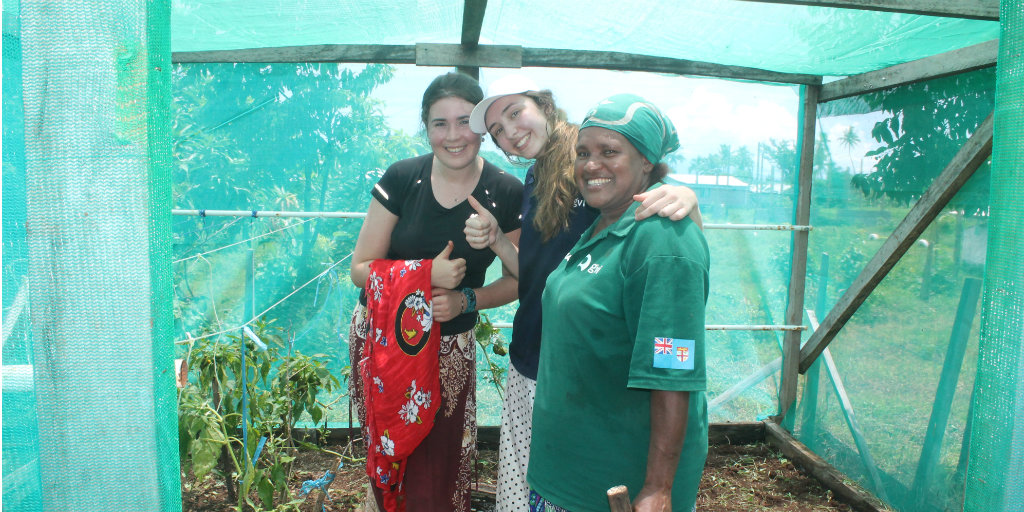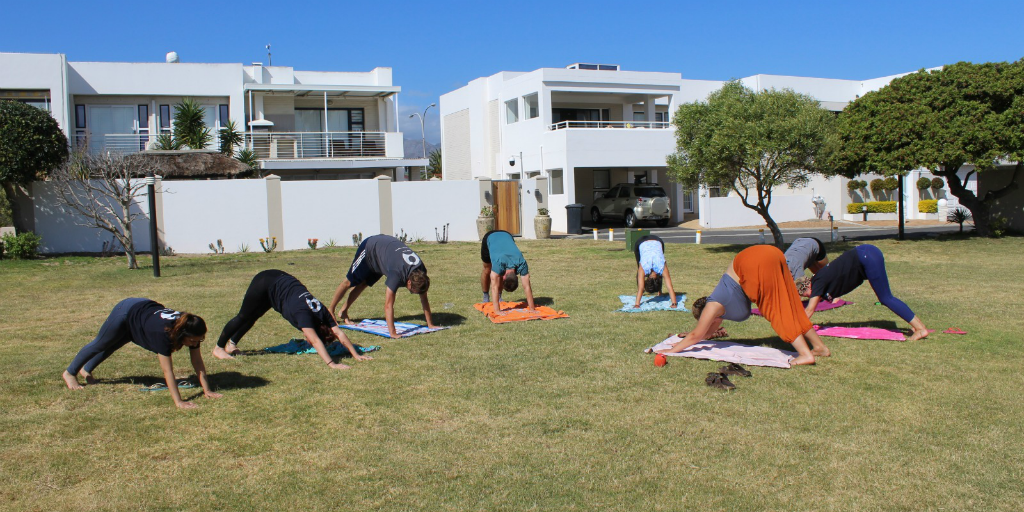
These seven soft skills will help you thrive in your career
Posted: May 27, 2022
Soft skills are a big deal in the job market these days. Learn what they are, why they’re so important and how you can improve yours to ensure a successful career.
Have you ever met someone who is incredibly talented, but struggles to get their point across effectively? Or perhaps you know someone with amazing technical skills, but they just can’t read the room?
Soft skills are not about your concrete abilities – how quickly you can identify bird species, how many research papers you’ve published, or how many languages you can speak – or code in.
Whilst hard skills like these can land you the job, soft skills are the secret ingredients to ensure that you grow in your career (and in life for that matter).
What are soft skills?

Soft skills are how you conduct yourself so people want to work with you, not because they have to.
It’s your personality traits. Those character attributes, interpersonal and social skills that empower you to work well with others, and get the job done.
None of us are born with all the soft skills we need to thrive. And we can’t learn them from textbooks either. In fact, most soft skills are adapted only through real life experiences.
To develop your soft skills, you need to get out of your comfort zone. Take a gap year, work a casual job, lead a fundraiser, travel somewhere new, do an internship or volunteer abroad.
If you’re already in the workplace and struggling to improve your soft skills, why not reach out to your co-workers to get their honest, constructive feedback? And then take it on, and be intentional about becoming better in each growth area.
Why are soft skills important?

We use soft skills every single day of our lives, both in our personal lives and in our work.
With an ever-changing world, employers prefer hiring candidates with a set of valuable soft skills over someone that just has the technical know-how.
Here are seven soft skills to advance your career

- Adaptability
We can’t always plan for everything. Being able to positively adapt to change, and still achieve your goal is an important skill to have in the workplace. And it’s not only about accepting the change, but using it as an opportunity to contribute and innovate.
- Cultural understanding
The reality is – not everyone is like you. The world is multicultural and diverse, and the chances are that your place of work will be too. Being aware of cultural differences will help you respect and accommodate different people, practices and traditions, to create an inclusive team culture.
- Empathy
Not to be confused with sympathy – where you feel sorry for someone – empathy is about putting yourself in someone else’s shoes. Being empathetic allows you to interact with people in a kinder way. It also helps you to grasp the needs of your team members and customers more sincerely, so you can help address their problems better.
- Communication
The ability to clearly communicate your ideas to others is a critical skill to learn. Whether you’re attending a meeting, presenting your findings, challenging something you don’t agree with or just chatting with your team online – how you convey your message is important. Communication is a two-way street though, and active listening is a big part of it too.
- Problem-solving
Organisations rely on people who can calmly deal with difficult challenges and unexpected hick-ups in a rational way. But how can you learn this? Only through facing problems head on, understanding how to unpack the issues and suggesting practical step-by-step solutions.
- Leadership
Leadership is not about having a position of authority. Everyone has the opportunity to be influential through their work – no matter what your job title says. Being able to take initiative, motivate yourself and others and stick to your values are all admirable qualities of a leader.
- Time management
Working under pressure to get a long list of tasks done accurately, is the reality of many jobs. If you can prioritise tasks in order of importance, set clear goals, plan properly and manage your stress levels in the process – you will be worth your weight in gold.
How can you improve your soft skills?

One way of improving your soft skills is by putting them to the test in a structured way. Getting practical experience through GVI’s nature conservation and social development internship or volunteering programs, is a great way to refine your soft skills, with a trained GVI team leader to support you all the way.
Top tip: remember to add your list of soft skills to your resume. Although it cannot be quantified or proven like with a qualification, you can add concrete examples of how and where you’ve used it, and even attach a reference to it.
Depending on your selected program, GVI will also give you either a reference letter or a LinkedIn reference to add extra credibility.

We understand that you may have questions about how COVID-19 will affect your travel plans. Visit our FAQs page which explains our latest safety protocols in response to COVID-19.
Disclaimer: The images in this article were taken pre-COVID-19.
